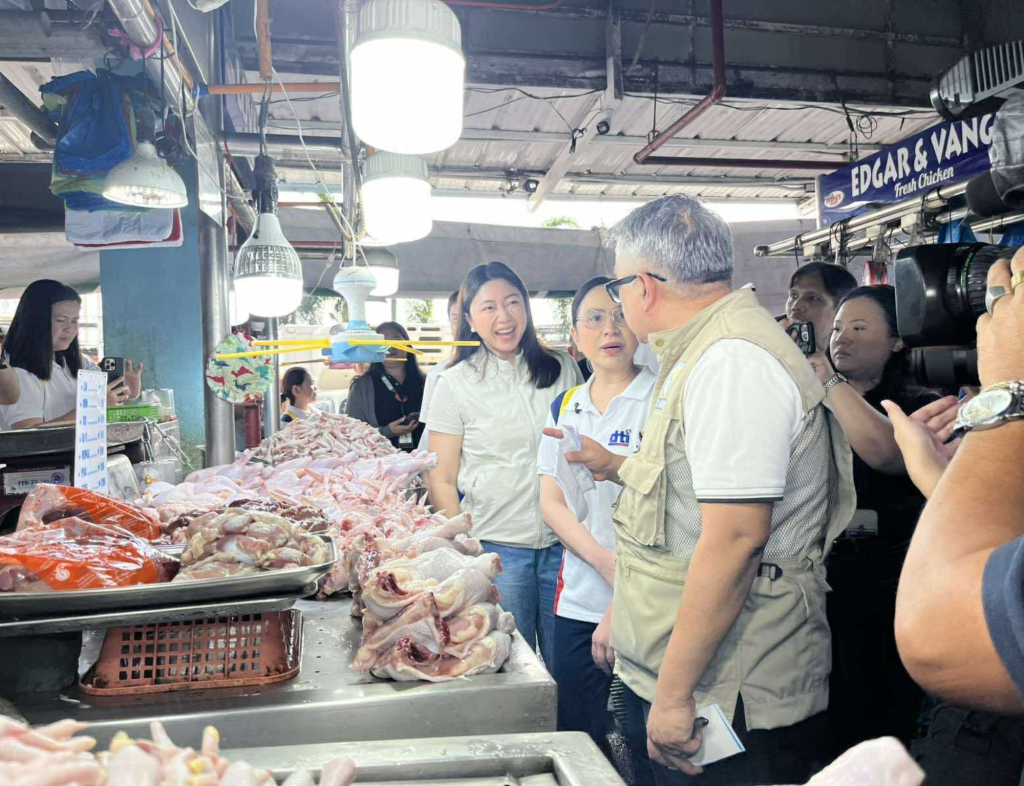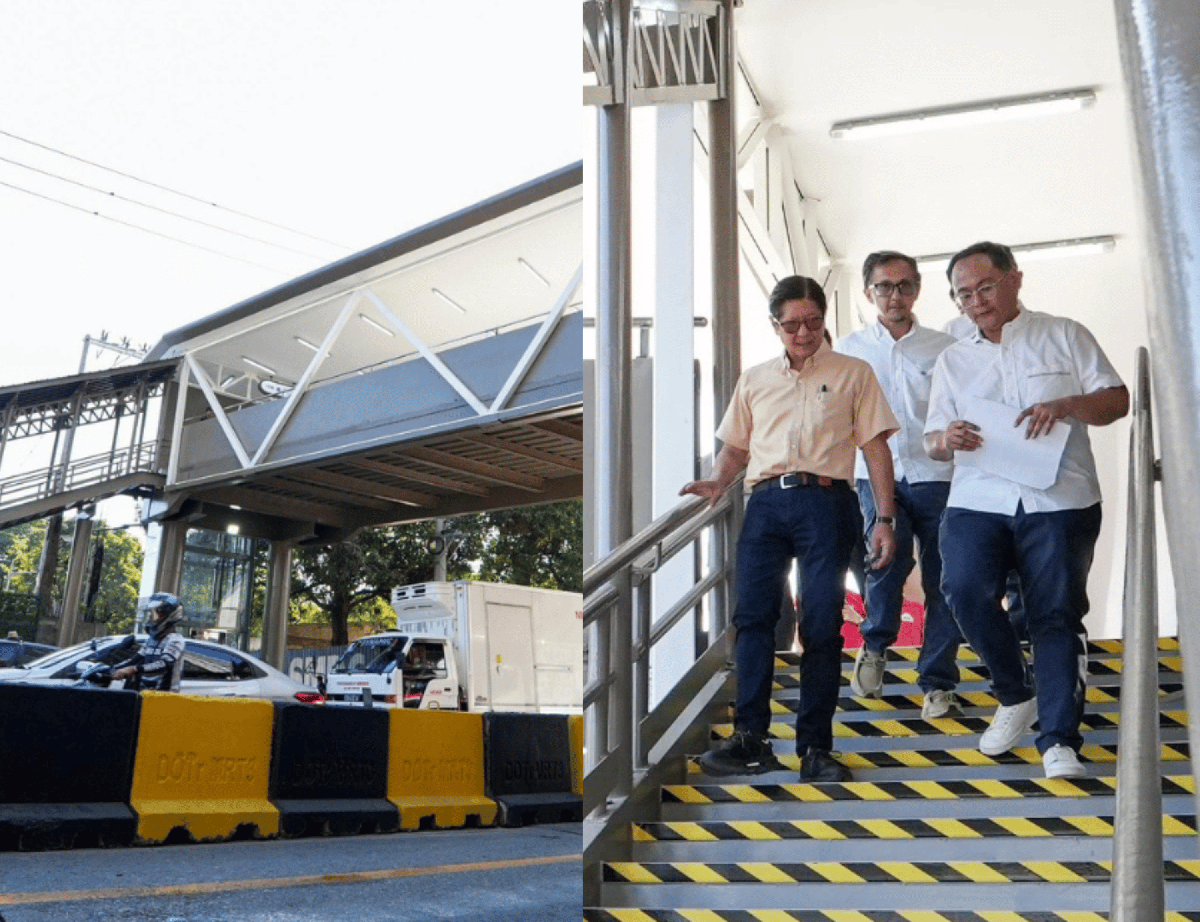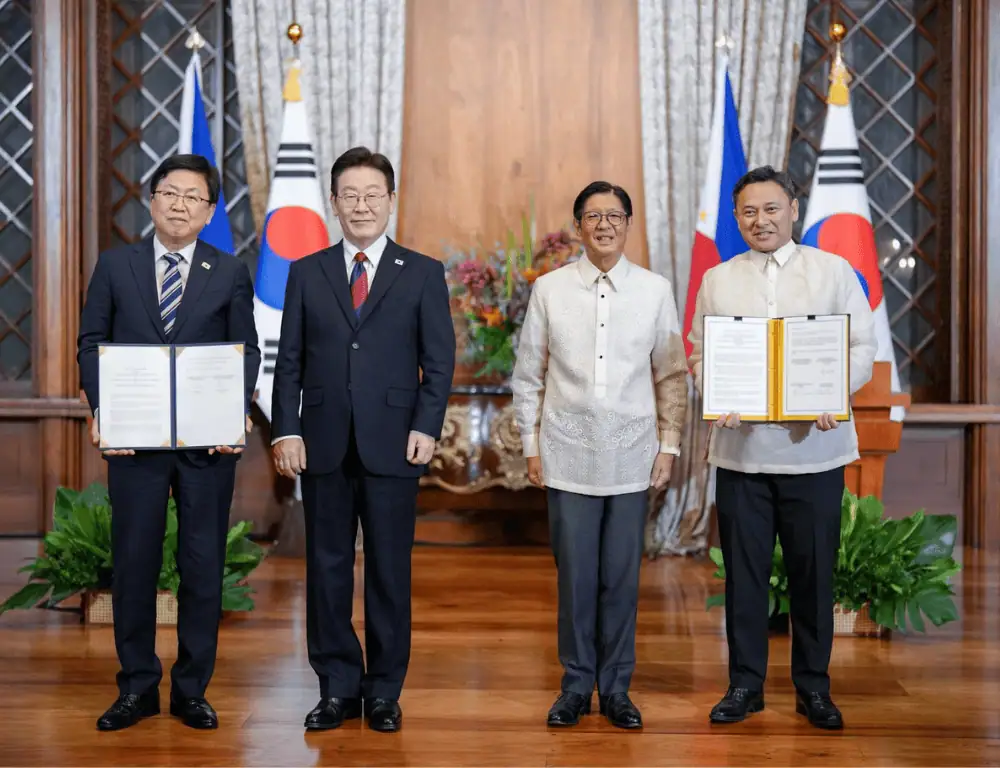
The Marcos Administration’s efforts to stabilize prices and ensure the adequate supply of essential goods have kept inflation in check, safeguarding household welfare and promoting sustained, inclusive growth, according to the Department of Economy, Planning, and Development (DEPDev).
The Philippine Statistics Authority (PSA) announced today (November 5) that the country’s headline inflation remained at 1.7 percent in October, unchanged from September 2025.
Food inflation at the national level recorded a slower annual increase of 0.3 percent in October from 0.8 percent in September and 3.0 percent in the same month last year.
This slowdown was mainly driven by the reduced year-on-year increase in vegetables at 16.6 percent from 19.4 percent in September. Meat inflation slowed to 5.2 percent in October, down from 6.0 percent in the previous month.
DEPDev Secretary Arsenio M. Balisacan said this reflects the government’s proactive measures to manage supply conditions and shield families from potential price pressures.
“The steady headline inflation rate shows that our coordinated interventions are helping to maintain adequate supplies and keeping essential goods affordable,” he said. “We remain vigilant in managing risks from weather disturbances, global market volatility, and other domestic factors that may affect prices in the coming months.”
In the short term, the Department of Agriculture (DA) has authorized the importation of various vegetables to help mitigate the impact of weather disruptions. To improve long-term efficiency, the DA is prioritizing farm-to-market roads, rice-processing plants, and agri-food hubs that will strengthen supply chains and reduce post-harvest losses.
The implementation of the Animal Industry Development and Competitiveness Act will also enhance livestock and poultry production through the establishment of a PHP20-billion Animal Competitiveness Enhancement Fund, supporting animal health, productivity enhancement, and value chain development.
Meanwhile, the Department of Energy (DOE) is accelerating electric vehicle adoption by integrating charging stations into utility development plans, streamlining registration and certification processes, and promoting renewable energy use in charging facilities.
Further, the Energy Partnership between the DOE and the Government of Japan will facilitate pilot projects and policy dialogues on renewable energy, grid integration, and related areas.
This collaboration is expected to help diversify the energy mix, reduce reliance on imported fuels, and support a more stable power supply.
On October 25, President Ferdinand R. Marcos Jr. issued Executive Orders (E.O.) No. 100 and 101 to strengthen food security and boost the productivity and welfare of farmers and fisherfolk. EO No. 100 sets a floor price for palay (unmilled rice) to guarantee fair returns for producers, especially during periods of oversupply or market volatility.
Meanwhile, E.O. No. 101 directs all national and local government agencies to fully implement the Sagip Saka Act (Republic Act No. 11321), which institutionalizes the Farmers and Fisherfolk Enterprise Development Program to provide comprehensive support such as market access, financing, and capacity building, helping farmers and fisherfolk increase their income and improve their quality of life.
“DEPDev welcomes the issuance of Executive Orders No. 100 and 101 as crucial interventions for food security. These policies help ensure fair returns for our farmers and fisherfolk, thus encouraging domestic production. In addition, other support services are being provided to improve the efficiency of post-production processing and distribution systems while we provide other measures to stabilize food prices and protect consumers,” explained Balisacan.
Beyond stabilizing prices, the Marcos Administration continues to pursue long-term reforms to enhance productivity and resilience in the economy. Balisacan emphasized that sustained investments in agriculture, energy, and logistics infrastructure remain crucial to ensuring that price stability supports the country’s broader goal of rapid, sustained, and inclusive growth.
“We are strengthening our supply chains, improving production efficiency, and investing in systems that make our economy more resilient to shocks,” he said. “These efforts are essential to protecting the purchasing power of Filipinos and ensuring that the benefits of macroeconomic stability translate into sustained growth and job creation.” (DEPDev)











